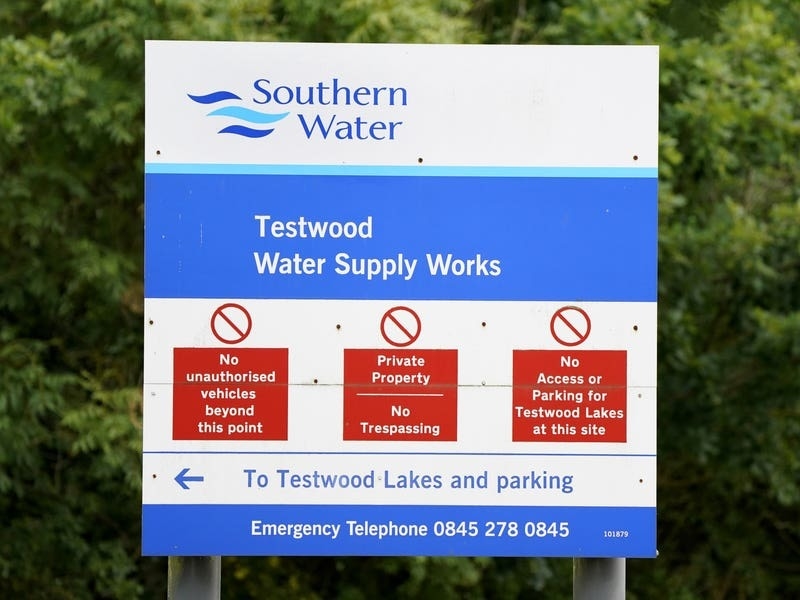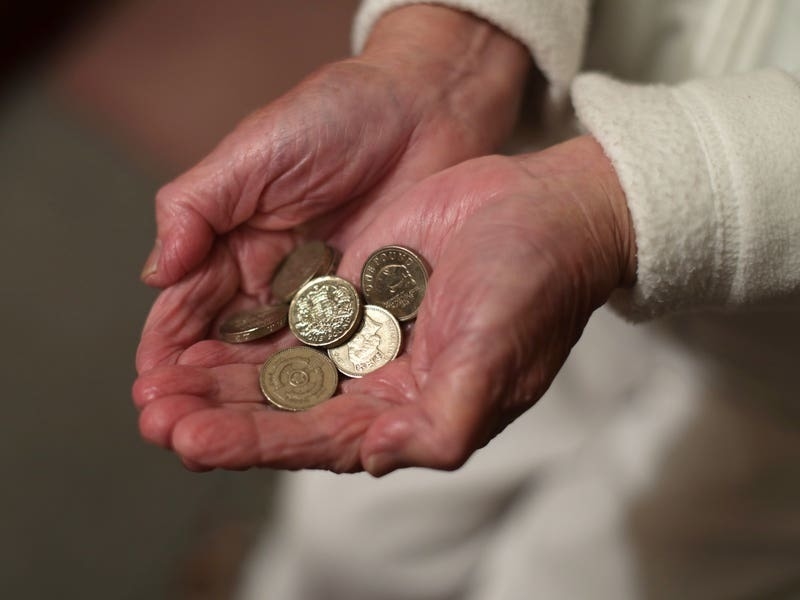Women with incurable breast cancer in England and Wales will not be offered a life-extending drug on the health service after talks between the NHS spending watchdog and its manufacturer ended without an agreement on price for the third time.
The National Institute for Health and Care Excellence (Nice) said it is “extremely disappointed” it will be unable to recommend trastuzumab deruxtecan, sold under the brand name Enhertu.
It is understood Nice was prepared to give patients access to the treatment within days if a price had been agreed.
Really important meeting with these amazing women @breastcancernow. I want to find a way through so that Enhertu is available more widely.
An improved offer, brought to the table by the manufacturers, is the fastest way to get this life-extending drug to patients. https://t.co/b7ujkUJfu8
— Wes Streeting (@wesstreeting) October 24, 2024
A spokesperson for Enhertu manufacturers AstraZeneca and Daiichi Sankyo said they disagree with the recommendation and called for Nice to “evolve” the way it assesses treatments.
It comes after Health Secretary Wes Streeting met with the charity Breast Cancer Now to discuss the issue around Enhertu.
In a post on X, formerly Twitter, from October 24 he wrote: “An improved offer, brought to the table by the manufacturers, is the fastest way to get this life-extending drug to patients.”
Enhertu is the first licensed targeted treatment for patients with HER2-low breast cancer that cannot be removed surgically or that has spread to other parts of the body, also known as metastatic breast cancer.
Had Nice recommended the treatment, about 1,000 patients a year would have been eligible.
Draft guidance published by Nice in September 2023 said it would not recommend Enhertu for NHS use in England due to uncertainties in the information provided by the manufacturer and called for more details.
It paused its appraisal in December of that year for commercial talks, but they concluded for the first time without an agreement in March.
In May, Nice issued an exceptional pause to the publication of its final guidance on the drug to allow for more price discussions, which broke down again in July.
Talks reopened but have ended for a third time with no agreement in place.
“As we’ve always made clear, the fastest and only guaranteed way to get medicines like Enhertu to the patients who need them is for companies to offer a fair price. We have done all we can to try and achieve that.
“Once again I would like to thank the breast cancer community for their hard work on this issue and I am sorry the outcome was not what we, nor they and the patients they represent, expected.”
Claire Rowney, chief executive of Breast Cancer Now, said the charity is “beyond devastated”.
“We welcomed the Secretary of State’s clear support for finding a solution to make Enhertu available on the NHS in England and so, given today’s decision, are requesting his immediate clarification on how this could be achieved,” she added.
“Having endured over a year of stress, worry and fear, caught in the middle of a stand-off about cost and the system, it’s utterly heartbreaking that women in England, Wales and Northern Ireland who desperately need Enhertu, will now be denied the hope of more time to live their lives – that’s precious time to enjoy another Christmas with families and children, and to create special moments that matter most to them. This is an avoidable tragedy.”
Enhertu was approved for use on the NHS in Scotland by the Scottish Medicines Consortium (SMC) in December.
Ms Rowney said: “With Enhertu available to women in Scotland, and 18 other European countries, a deep injustice is at play here and we’re devastated that the opportunity to put this right has been missed.
“No-one should ever be in a position of considering moving to another country as the only way to access a life-extending treatment.
“The heartbreaking but inescapable reality is, these women don’t have time to wait, and lives will be cut short.”
A statement from AstraZeneca and Daiichi Sankyo said: “We are very disappointed by, and disagree with, the decision Nice has made.
“Nineteen other European countries, including Scotland and most recently Spain and Romania, have already delivered routine patient access to trastuzumab deruxtecan for HER2-low metastatic breast cancer patients.
“The new Nice severity modifier misclassifies HER2-low metastatic breast cancer as a ‘medium severity’ disease and this stands in the way of patient access in England, Wales, and Northern Ireland.
“Nice has acknowledged that the design of its severity modifier will see patients with metastatic cancer lose out. We are concerned that Nice’s upcoming research into societal preferences is set to take at least another two years to conclude.
“This is too long to wait for patients- especially when there are simple changes that could be made here and now.
“We are calling on Nice to evolve the way treatments are assessed for patients in England and Wales to create a system that enables equitable access for patients in line with other countries.
“We remain committed to finding a way forward for patients – one that appropriately recognises the severity of this disease and the value of the medicines that target it.”






